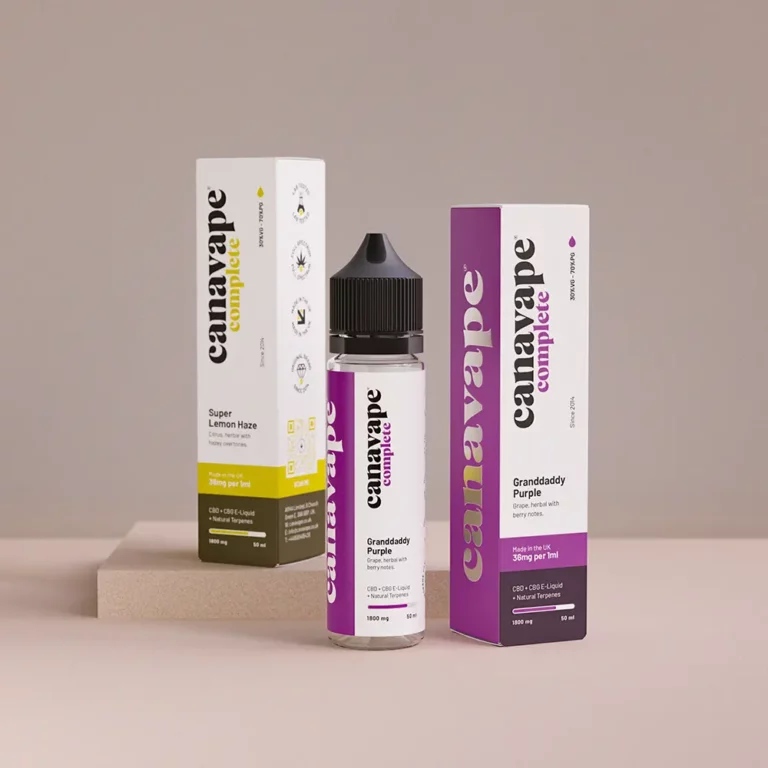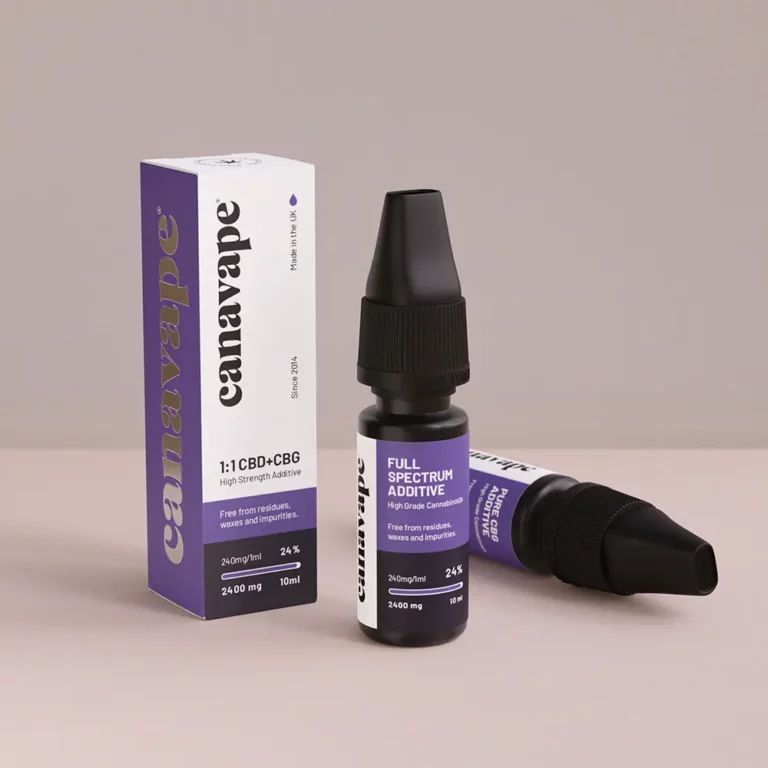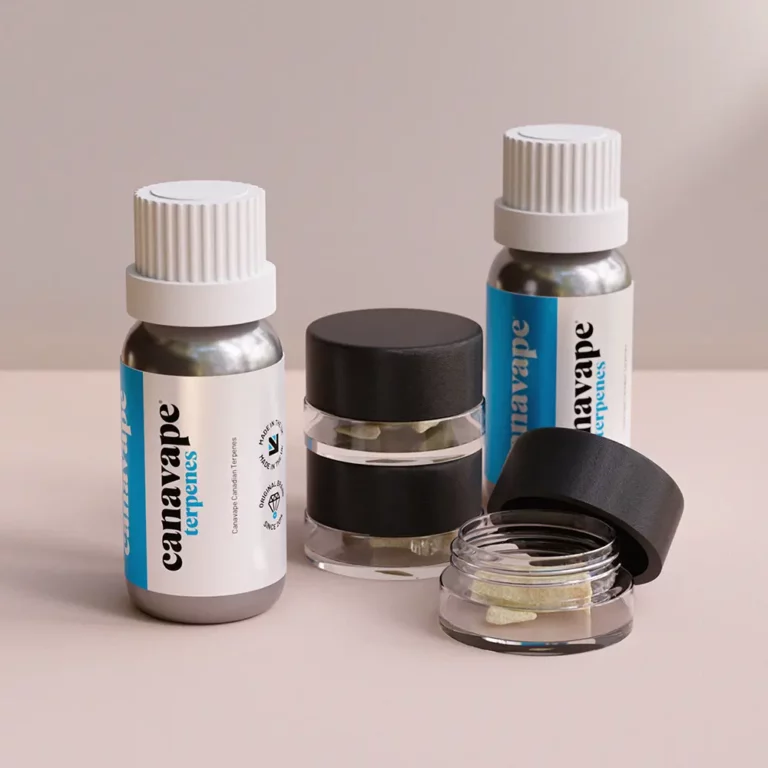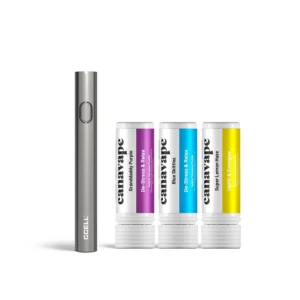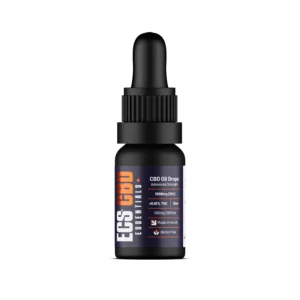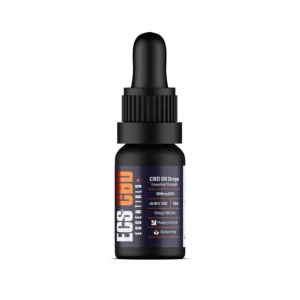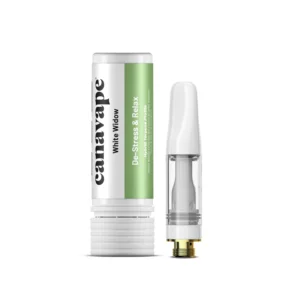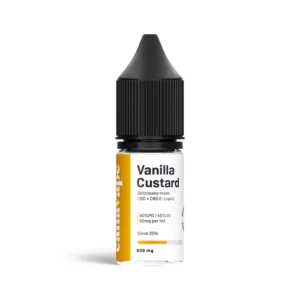Depression is a common mental health disorder that affects millions of people worldwide. It can have a significant impact on a person’s quality of life, making it difficult to function in daily activities and maintain relationships. While traditional treatments such as therapy and medication can be effective for some individuals, others may not respond well to these options or may experience unwanted side effects.
In recent years, there has been growing interest in the potential of medical cannabis as a treatment for depression. Cannabis, also known as marijuana, contains compounds called cannabinoids that interact with the body’s endocannabinoid system. This system plays a key role in regulating mood, stress, and emotions, which has led researchers to investigate whether cannabis could be beneficial for those struggling with depression.
One of the main cannabinoids found in cannabis is cannabidiol (CBD), which is non-psychoactive and does not produce the “high” typically associated with marijuana use. CBD has been studied for its potential anti-anxiety and antidepressant effects, with some research suggesting that it may help to regulate serotonin levels in the brain, a neurotransmitter that plays a key role in mood regulation.
Another cannabinoid found in cannabis is tetrahydrocannabinol (THC), which is responsible for the psychoactive effects of marijuana. While THC is often associated with feelings of euphoria and relaxation, it can also have mood-altering effects that may help alleviate symptoms of depression in some individuals.
Research on the use of medical cannabis for depression is still in its early stages, but some studies have shown promising results. A 2018 review published in the journal Neurotherapeutics found that CBD may have potential as a treatment for various anxiety disorders, including depression. Another study published in the Journal of Affective Disorders in 2019 found that individuals who used cannabis reported a reduction in depressive symptoms.
It’s important to note that while medical cannabis may hold promise as a treatment for depression, it is not a one-size-fits-all solution. Like any medication or therapy, it may not work for everyone and could have potential side effects. Additionally, the legal status of cannabis varies by region, so it’s essential to consult with a healthcare provider before considering its use as a treatment for depression.
In conclusion, while more research is needed to fully understand the potential benefits and risks of using medical cannabis for depression, there is growing evidence to suggest that it may offer relief for some individuals. If you are struggling with depression and traditional treatments have not been effective for you, it may be worth exploring the option of medical cannabis under the guidance of a healthcare provider.

